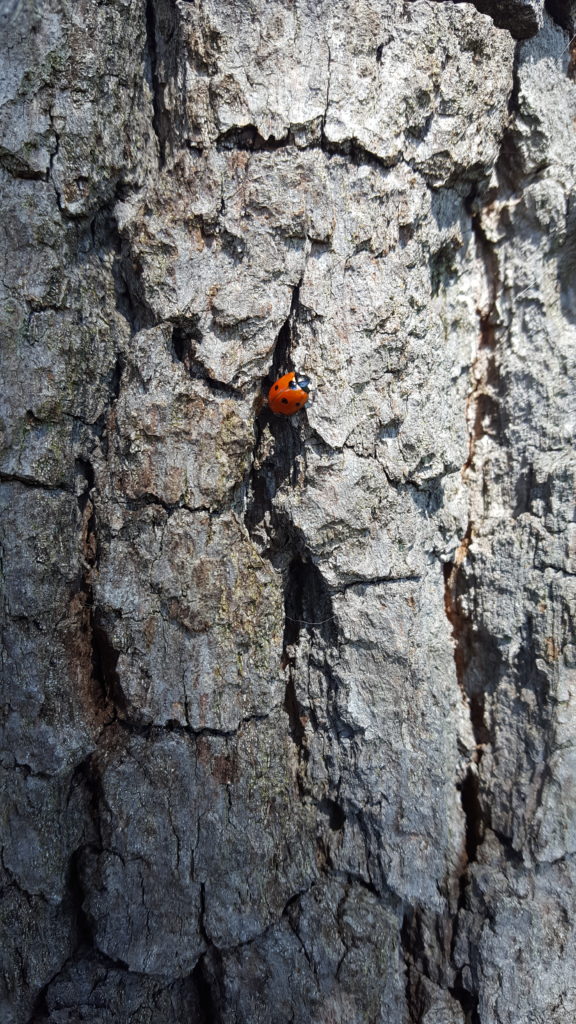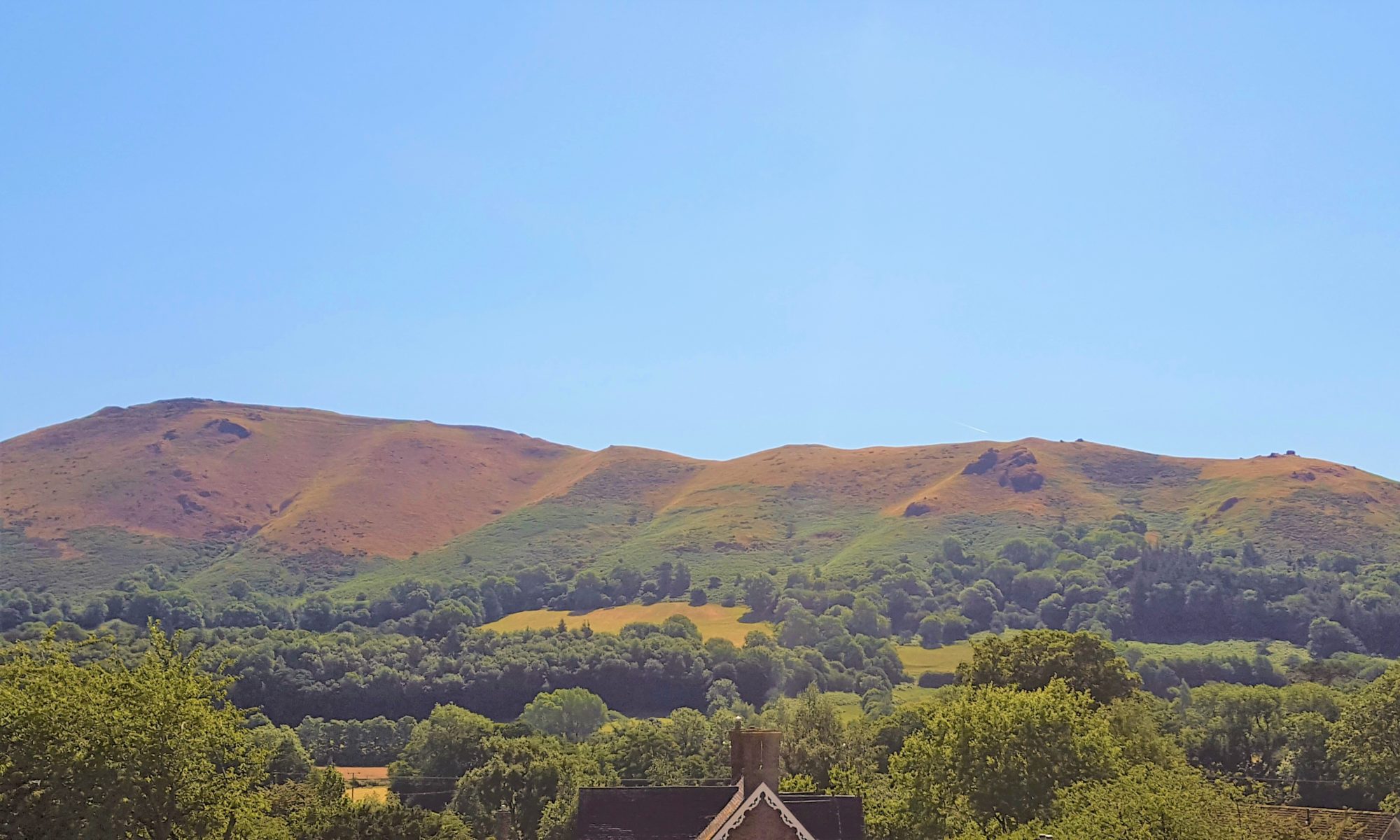Conventional psychological therapy sessions aim to help individuals understand and create meaning from the emotional and psychological difficulties they are experiencing and usually this takes place in an indoor setting. Nature-facilitated psychotherapy works to the same aim, except that it takes place outdoors; surrounded by nature; and in this way, the landscape acts as a ‘co-therapist’.

We know intuitively that being outdoors in natural spaces can be extremely restorative and helpful to our physical and mental health.
Most of my working life has involved indoor therapy work, until 2013 when I began to take therapy outside with clients who wished to try it.
Working outdoors isn’t for everyone, and tends to work best when one is interested in doing so. Working in natural spaces can significantly enhance the benefits of therapy for some people and the Shropshire countryside offers up a wealth of landscapes suitable for this work.
There is a growing body of literature to suggest that therapy which is conducted outdoors in a natural setting can provide additional benefits (e.g. see article below):
‘Into the Wild’: A meta-synthesis of talking therapy in natural outdoor spaces – Cooley et al (2020)
MIND have also looked into green therapies and are offering this in parts of the country:
www.mind.org.uk/information-support/tips-for-everyday-living/nature-and-mental-health/#.W18E1tJKjIU
Working with people in the outdoors connects psychotherapeutic ideas with those from environmental psychology, and ecopsychology, which focus on our interaction with our environment. Psychotherapy outside builds upon our experience of breathing, moving, and being in the natural world; and it can hold up a mirror to us, which helps to develop our understanding of how we relate to ourselves, others and the world.
Therapy is quite a demanding experience, and sometimes it can feel very intense when conducted indoors. Working outdoors can in this way, moderate the intensity of the therapeutic interaction as the outdoor setting can diffuse some of the intensity through involvement of our surroundings. Walking alongside your therapist can also help a person feel more at ease as one isn’t sat “face to face” with a therapist and static. The dynamic nature of outdoor work can also facilitate change as we learn that nature is always changing and adapting to new environmental conditions.
Nature-facilitated therapy still adheres to the traditional boundaries for effective psychotherapy, including a mutually agreed focus for our work and agreements concerning confidentiality. The latter, particularly important, as we may occasionally encounter other people whilst outside. The focus for the sessions is firmly tethered to the issues that the client wants to work on, whilst noticing how the natural world can enhance our reflections, feelings, and insights.
I offer 60 minute sessions outdoors with individuals and the therapy can take the form of simply walking and talking and/or using focussed exercises which involve the senses. For some sessions, we may decide to sit together in a specific spot for the entire time or alternatively take a route through a particular terrain. I am keen to be flexible and I try to accommodate client preference where possible and safe to do so.
You do not need to be an experienced hiker or even particularly outdoors-orientated to benefit from this setting for your therapy, but you will need to be mobile.
